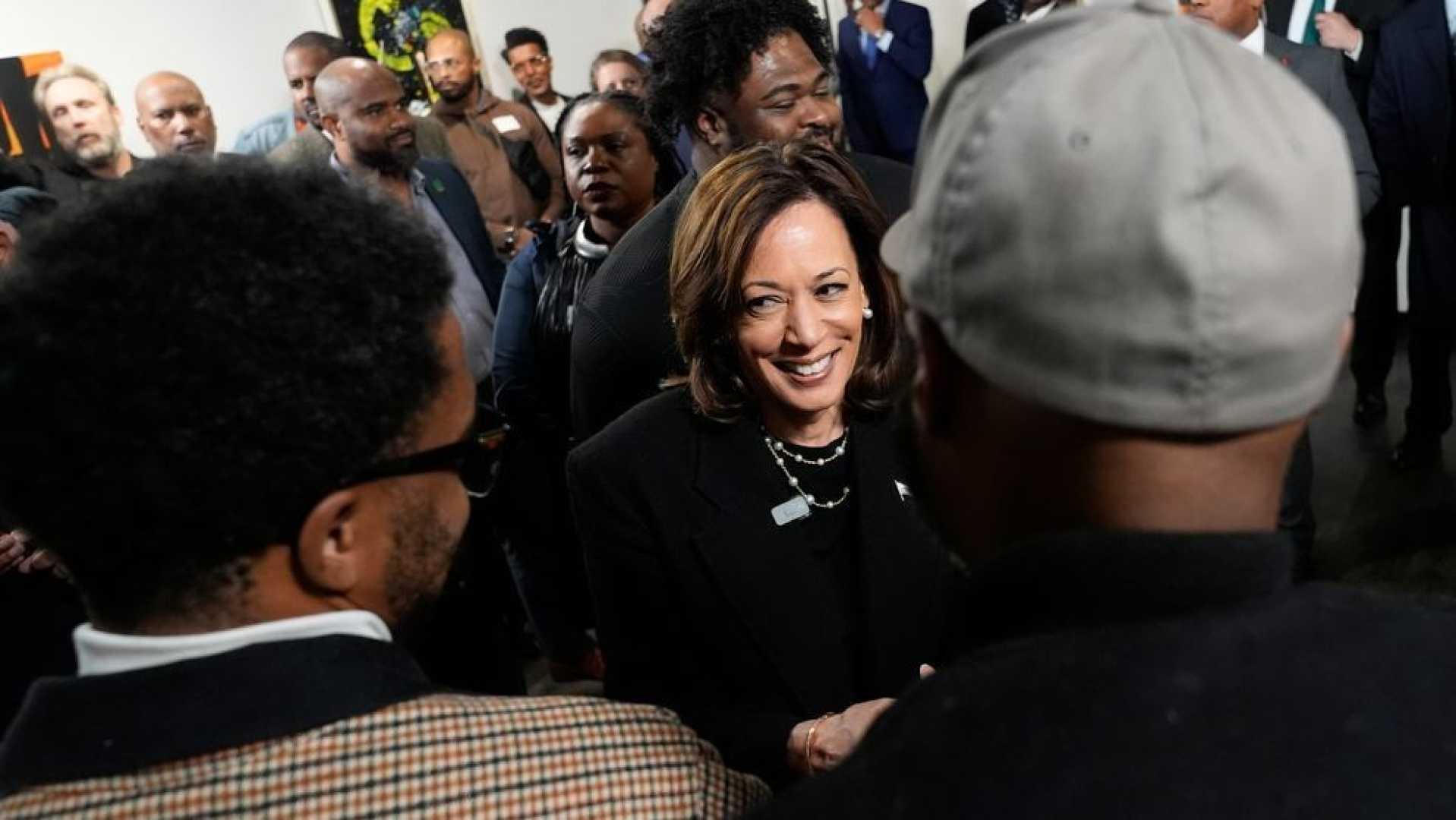News
Howard University Poll Highlights Black Voter Preferences in Swing States

A recent poll conducted by Howard University has provided insight into the voting preferences of Black likely voters in seven critical swing states. The survey, completed between October 2 and October 8, interviewed 981 Black likely voters in Arizona, Georgia, Michigan, Nevada, North Carolina, Pennsylvania, and Wisconsin. The findings illustrate that 84% of respondents intend to vote for Vice President Kamala Harris, while 8% would support former President Donald Trump, with another 8% undecided.
Significantly, the survey identified the issues most important to these voters, with “democracy/voting rights/elections” ranked as the top priority, followed by the economy and abortion rights. Furthermore, 63% of participants expressed high enthusiasm about voting in the upcoming November elections.
Regarding their views on Kamala Harris, 61% of respondents held a “very favorable” opinion, whereas only 14% viewed her “very unfavorably.” Conversely, only 10% of those surveyed perceived Trump favorably, with 74% expressing a “very unfavorable” view of him. The poll carries a margin of error of plus or minus 3.2 percentage points.
This latest poll indicates a slight increase in Harris’s support among Black voters compared to a similar survey conducted by Howard University in September, where she garnered 82% support. In September, Trump had received 12% support, which has now decreased to 8%.
Additionally, Harris has announced a plan to boost economic opportunities for Black men, which includes offering forgivable business loans to Black entrepreneurs, expanding apprenticeships, and developing mentorship programs. This move comes amidst increasing support for Trump among young Black and Hispanic male voters, as identified in recent polls.
In Georgia, a state with a notably high percentage of Black voters, Harris’s support appears weaker than President Joe Biden‘s in the 2020 election. The state, pivotal to Democratic victories, provided a narrow win for Biden by 11,779 votes. Michaelah Montgomery, a Black Republican activist, criticized the Democratic Party’s approach to Black men at a recent rally.
While Democrats have historically secured significant support from Black voters, recent trends suggest Harris’s current polling numbers are the lowest in decades for a Democratic nominee. This development presents a challenge as she seeks to replicate Biden’s success.
Stacey Abrams, an influential Democratic figure in Georgia, argues that the perceived drift of Black voters from Democrats could be attributed to messaging errors, emphasizing that concerns over job loss and future prospects for Black men are intrinsically civil rights issues.
The political landscape remains fluid, with influential figures and local communities actively engaging to ensure sustained support for Harris among Black voters. As early voting begins, the dynamics in Georgia and other battleground states will be crucial in determining the ultimate electoral outcomes.












